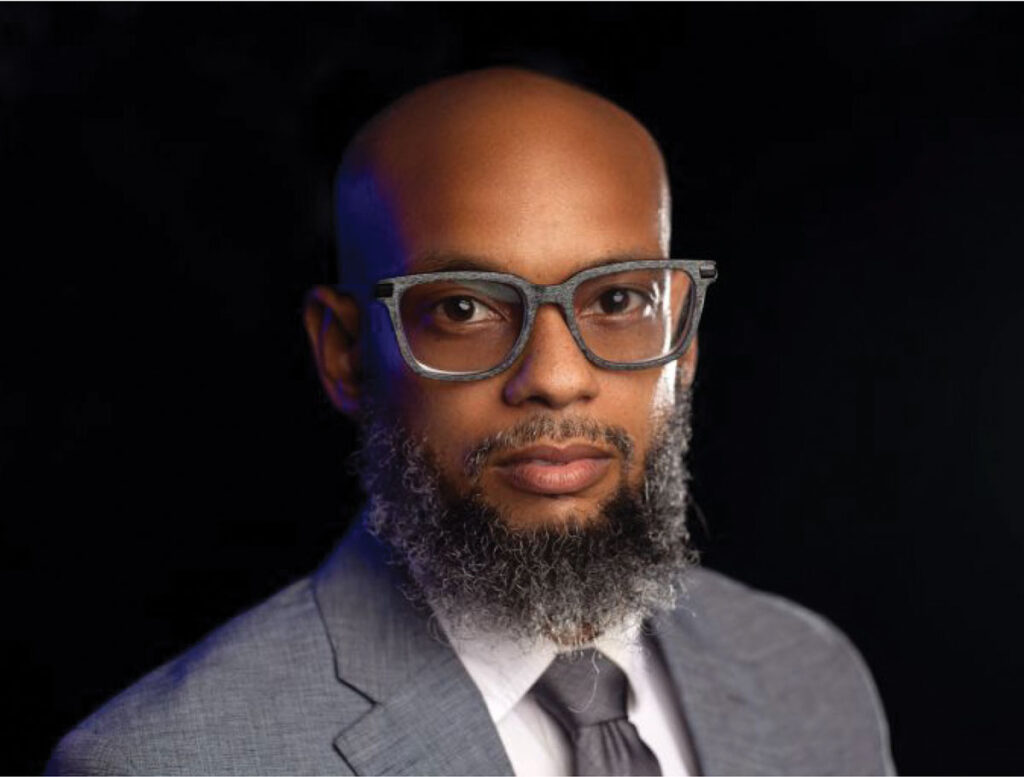
Cultivating, importing, exporting, transporting, manufacturing or carrying out research of cannabis without a license issued by the local licensing authority “shall be an offense.” This much was said by Deputy Chairperson of the Cannabis Task Force, Dylan Norbert-Inglis.
Other offenses include testing, prescribing, dispensing or retailing of cannabis without a license; operating a vehicle or heavy machinery “while under the influence of cannabis” is also said to be an offense.
The decisions of international bodies regarding cannabis are pertinent in the minds of the Task Force, Norbert-Inglis said.
According to him, in order to maintain Saint Lucia’s functional international trade relationships, “our much-needed access to international banking lines and the most important oversight of the parameters of our health and safety, Saint Lucia is compelled to be quite deliberate in redrawing the line in the sand regarding cannabis.”
“A few points regarding the current status of cannabis and the proposed regime… the law regarding cannabis as it stands today permits a person to possess 30 grams of cannabis on his person, small-scale cultivation of four plants in a household in certain circumstances, and notwithstanding the two earlier provisions, prohibits smoking in public,” Norbert-Inglis said in a recent panel discussion.
“The government and people of Saint Lucia have and continue to have due regard for a number of international conventions which include those related to cannabis and narcotics,” he said.
“Based on the decisions of the International Narcotics Control Board (INCB) and pursuant to the single convention on narcotics, cannabis may only be developed for medicinal use, industrial use or for scientific research purposes. The intent for cannabis in Saint Lucia is to fall under these headings as mandated. Recreational cannabis use is not permitted under these parameters as set by the INCB,” Norbert-Inglis noted.
According to him, in the view of the INCB, sacramental use is seen as recreational use and thus would not be permitted for commercial cannabis regimes.
“The legal possession of cannabis of up to four plants per household is allowed for consumption under the new regime. All consumption shall take place within a private place and for the purpose of cannabis legislation, all Rastafarian places of worship shall be deemed a private place,” he said.
Small-scale cultivation farmers will be eligible to apply for and will be issued a traditional cultivation license “which will allow for up to three acres to be cultivated in Saint Lucia.”
Non-nationals and larger cultivators may apply for “up to ten licenses ranging from plantation licenses for medical and industrial cannabis.”
Regarding purchasing and use of cannabis, Norbert-Inglis noted that “non-industrial cannabis for these purposes referred to generally as medicinal cannabis is being sold under two headings, Class One and Class Two. Class One medicinal cannabis shall be cannabis products which are strictly CBD products or cannabis products which otherwise fall below a prescribed THC threshold. Class Two medicinal cannabis shall be medicinal cannabis products which surpass the prescribed THC threshold.”
According to him, Class Two will require a prescription and will only be sold at Class Two dispensaries, whereas Class One may be purchased without prescription from Class One or Class Two medicinal cannabis dispensaries.
A person who believes he/she is suffering from a “qualifying illness” may visit a Class One medicinal cannabis dispensary and self-prescribe a Class One medicinal cannabis product to treat that illness, Norbert-Inglis said.
Further, he stated, a person who suffers from a qualifying illness for which Class One Cannabis products are insufficient or ineffective may visit a qualified medical practitioner “who has obtained a valid prescription authorization certificate and obtain a prescription for Class Two medicinal cannabis.”
“A patient in possession of Class Two medicinal cannabis must at all times be in possession of the prescription giving rise to possession or the license issued by virtue of that possession,” Norbert-Inglis said, adding that “the proposed legislation will create an entity to be called the Control Substances Regulatory Authority which shall issue and oversee the industry.”
“There shall also be a Medical Cannabis Advisory Council which shall advise the minister… on matters regarding cannabis,” he noted.
There will be no more than two licensed central trading or distribution entities, however.
After cultivation, all cannabis for local consumption will be sold to “one of these central entities or receive approval to bypass the entity in cases where a cultivator has a license for manufacturing, exportation, etc. All dispensaries shall purchase cannabis from this central entity unless imported.”
Norbert-Inglis also pointed out ‘ticketable’ offenses. According to him, “it shall be a ‘ticketable’ offense to consume cannabis in a public place.”
“A person may be permitted to possess 30 grams or less of Class One medicinal cannabis on his person and it shall be a ‘ticketable’ offense to be in possession of more than 30 grams of cannabis, that is class one, or to be in possession of class two cannabis without a prescription,” he said.
“A person may be permitted to possess such amounts of Class Two medicinal cannabis on his person as duly prescribed to him by a qualified medical practitioner who is the holder of a valid prescription authorization certificate,” he added, noting that “it shall be an offense to be in possession of Class Two medicinal cannabis without the requisite prescription and authorization.”
Concerning minors, Norbert-Inglis noted that any use of cannabis by a minor “shall be pursuant to a prescription issued by a qualified medical practitioner who has been issued a valid prescription authorization certificate.”
“It shall be an offense to give cannabis or cannabis products to a minor unless a prescription has been attained for that minor,” he said.
Minors who are found using cannabis without a prescription may be ordered to participate in controlled substance workshops, seminars or community service.
In closing, he noted that “this is a summary of the cannabis regime which has been proposed by the Saint Lucia Cannabis Task Force… (it has also) received endorsement by the Cabinet of Ministers. It has informed the legislation which is currently being drafted which has almost been completed and will be the framework for the regime going forward.”





